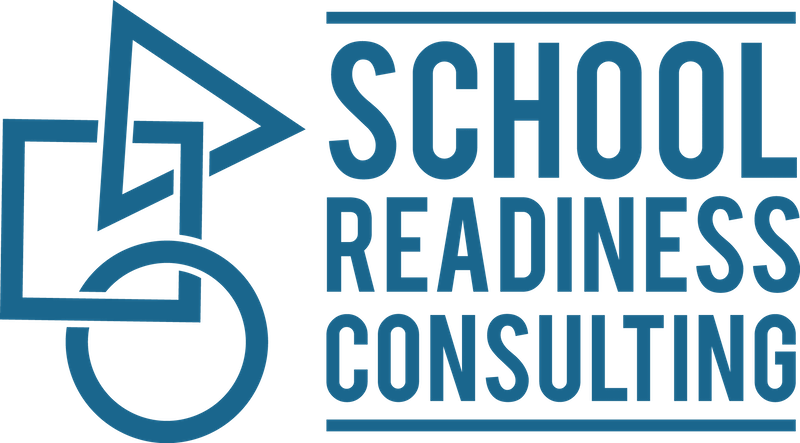Mile High Early Learning: A Framework for Racial Equity in Early Learning
Overview
Mile High Early Learning is the oldest and largest provider of high-quality subsidized early childhood care and education in Denver, Colorado, serving thousands of Denver’s children every year since 1970. Through MHEL’s Montessori-inspired approach, young children are able to foster social competency, a habit of concentration, initiative and persistence, pride in their physical environment, and a lifelong joy in learning to promote school success, social responsibility, and citizenship. As part of its effort to provide high-quality early learning opportunities to a diverse population of children and their families, MHEL recognizes the need to define and prioritize an anti bias and anti-racist approach. The leadership turned to School Readiness Consulting (SRC) to support this effort through equity-focused thought partnership, professional learning, and program development.
Our Process
Developing an Organization-Wide Racial Equity Framework
Our team initiated this work by mapping out a two-year process through which MHEL would define and pilot its efforts. Through a collaborative and iterative process, an equity vision statement and a set of core values were developed that would guide professional development, self-assessment, and all facets of decision-making for this effort. SRC supported MHEL’s senior leadership team to define key roles and articulate role descriptions. This included the selection of race and equity leaders (RELs) who would participate in the ongoing study of race and equity issues and serve as facilitators and role models to advance the program’s racial equity mission. This also involved the development of a Steering Committee, composed of senior leadership team members, staff members serving as RELs, and staff members representing a variety of roles within the MHEL learning community. The Steering Committee took on an advisory role, providing insight to inform dialogue, problem-solving, decision-making, and direct action related to issues of equity for children, staff, and families.
Building Awareness and Capacity through Professional Learning
To roll out the Organization-Wide Racial Equity Framework, SRC worked with MHEL to articulate four goals for adult learning, modeled after the four goals of anti-bias education (Derman-Sparks, L., Edwards, J. O., & National Association for the Education of Young Children, 2010). These goals address (1) awareness of one’s own racial and cultural identities, (2) comfort with human diversity, (3) recognition of racial injustice, and (4) skills to act against injustice. SRC designed parallel professional learning experiences to prepare and meet the needs of each group. For the senior leadership team, SRC identified reading and reflection materials and co-constructed agendas for a self-study to build leaders’ awareness and comfort in discussing equity topics. For RELs, SRC designed a cyclical learning experience that involved a train-the-trainer series, side-by-side facilitation, individualized coaching, and peer support to build their capacity to act as internal facilitators and guides for the work. For all MHEL staff, SRC offered a two-day in-person workshop to present the equity framework and engage the staff in the four professional learning goals, and then supported equity-focused communities of learning facilitated by RELs.
Identifying Needs and Opportunities for Continued Growth
Alongside professional learning touch points, SRC engaged the Steering Committee to assess current program policies and practices with a racial equity lens and identify opportunities for growth in the coming year. Self-assessment activities included (1) a staff survey to gather perspectives and experiences concerning equity; (2) a program walk-through to examine racial equity in learning environments, interactions, curriculum, and administrative practices; and (3) an inventory of organization-wide policies and practices as they have equity implications among leaders, for staff, and for children and families. Reflecting on the results of these needs assessment activities, SRC facilitated the development of a detailed action plan for MHEL, outlining intentional steps to continue its equity-focused work moving forward.
The Outcome
Over the multiyear engagement, MHEL staff were able to build foundational knowledge and skills to allow them to participate in race and equity conversations with one another and to lead these conversations with colleagues. It was the goal of MHEL leadership to enable and support all staff as they work to exemplify MHEL’s vision for equitable policies and procedures, respectful interactions, and a strengths-based approach to including staff, children, and families from a variety of cultural backgrounds. This important work resulted in all staff being able to develop essential knowledge, skills, and awareness, enabling them to participate in ongoing conversations and critical reflection about race and equity within the MHEL learning community and beyond.
Related Work
SRC Contributors
Jennifer Caldwell
Senior Director
Mimi Howard
Advisor for Strategy and Systems
Founder and CEO







